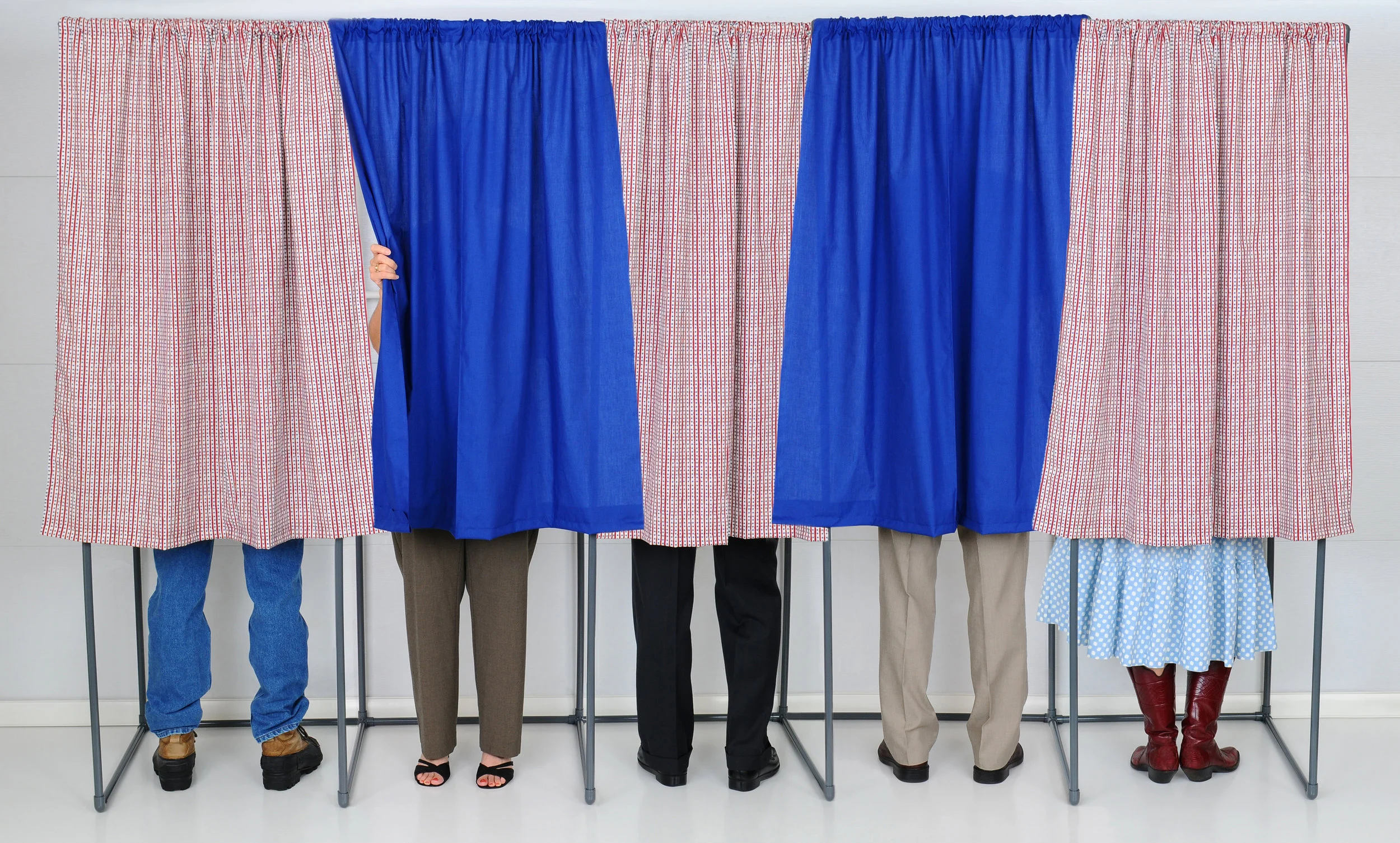A new poll confirms what Making Every Vote Count’s own polling has consistently shown: Americans want the person who wins the most votes to be the president. According to a Politico/ Morning Consult poll, 50% say that presidential elections should be based on the national popular vote, and only 34% say the election should be based on the Electoral College. 16% didn’t know or had no opinion.
The new poll also asked respondents about the National Popular Vote Interstate Compact, and the results were revealing. A plurality—43%—were in favor of awarding states’ votes to the winner of the national popular vote, with only 33% in favor of keeping the Electoral College in the way it currently operates. However, 23% didn’t know or had no opinion. This means that almost a full quarter of the electorate might be open to the Compact if they knew more about it. Here is an excellent explanation of how the Compact works from the nonpartisan Brennan Center:
In the current Electoral College system, the presidency is awarded to the candidate who wins at least 270 of the 538 available electoral votes. The Constitution gives state legislatures the right to choose how presidential electors are chosen. Since the 19th century, each state (with the exceptions of Maine and Nebraska) has awarded its electoral votes to the winner of the popular vote in that state. But under the NPV system, states would commit to award their electoral votes to the winner of the national popular vote instead.
The Compact will go into effect only when states controlling at least 270 electoral votes have joined. In the election after that threshold is reached, the NPV states would ensure that the winner of the national popular vote becomes president. While the Compact would not abolish the Electoral College, it would guarantee that the winner of the Electoral College vote and popular vote are the same.
The campaign to pass the Compact began in 2006, earning its first victory in Maryland the following year. Since then, 14 states (Maryland, New Jersey, Illinois, Hawaii, Washington, Massachusetts, Vermont, California, Rhode Island, New York, Connecticut, Colorado, New Mexico, Delaware) and Washington, D.C. have signed on. The addition of these three new states brings the number of pledged electoral votes to 189, 70 percent of the needed total.

